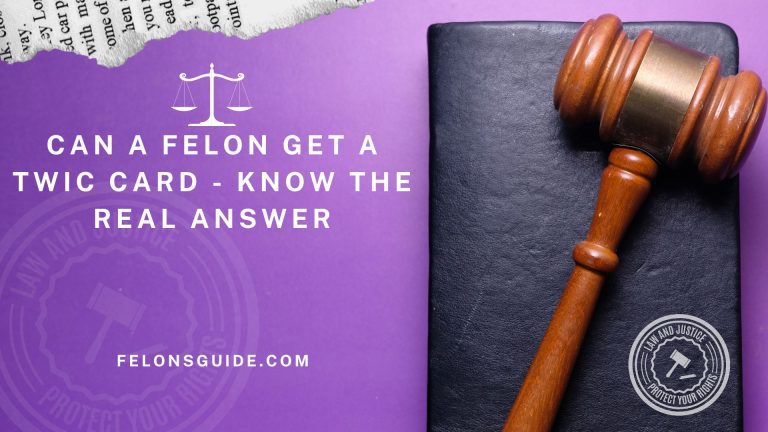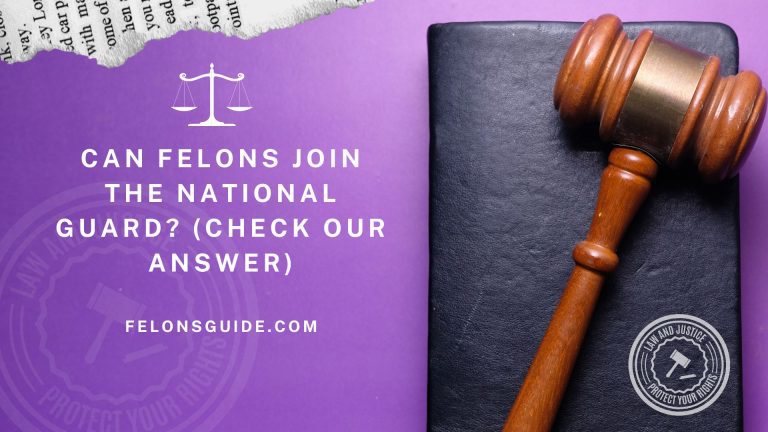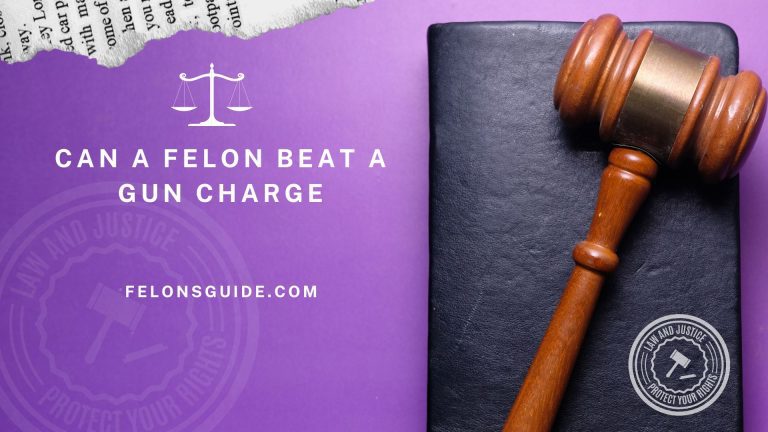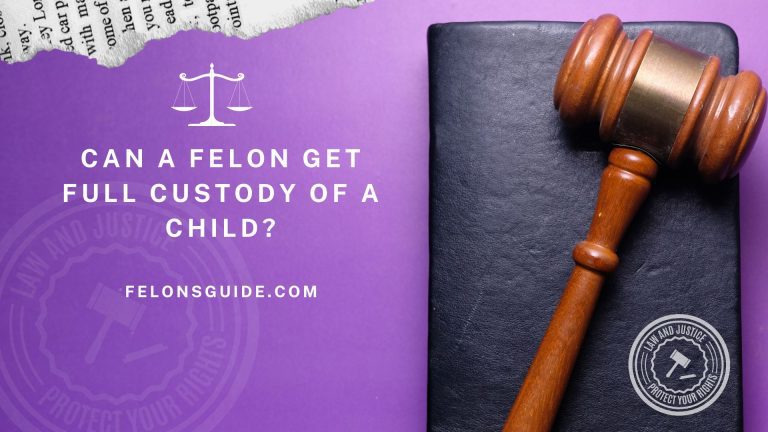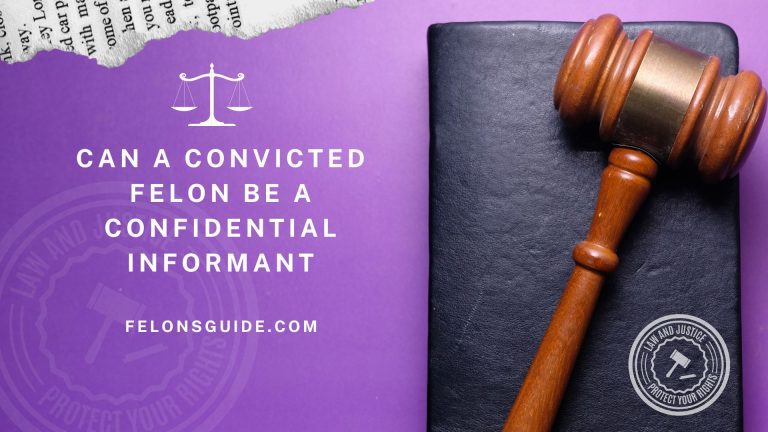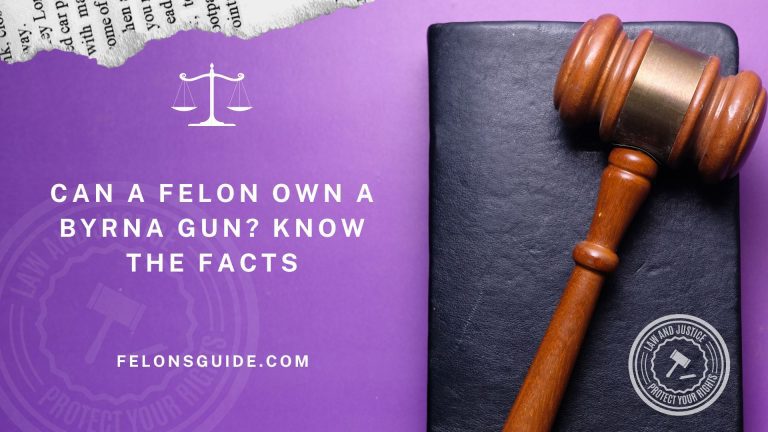Can Felons go to the Gun Range?
Gun ranges are popular recreational destinations for many people. However, for convicted felons, visiting a gun range can be a legally complex issue. In this article, we’ll explore the laws surrounding gun range visits for felons, including any exceptions and restrictions that may apply. We’ll also answer some frequently asked questions to help clarify this often confusing topic.
Understanding Gun Range Laws for Convicted Felons
When it comes to gun range visits for convicted felons, there are strict laws in place at both the federal and state levels. These laws aim to prevent potentially dangerous individuals from having access to firearms and ammunition.
In general, federal law prohibits individuals who have been convicted of a felony from possessing firearms or ammunition. This includes visiting gun ranges. However, there are some exceptions to this law, which we’ll explore later in this article.
State laws can vary when it comes to gun range visits for convicted felons. Some states may have more lenient laws, while others may have stricter laws than federal regulations. It’s important to research the specific laws in your state if you’re a convicted felon who wants to visit a gun range.
Violating gun range laws for convicted felons can have serious consequences. Depending on the circumstances, a violation could result in fines, imprisonment, or both. It’s important to understand and follow these laws to avoid potential legal issues.
Also Read: Can Felons win the Lottery? Understanding the Rules and Regulations
What Are Gun Range Laws for Felons?
As we mentioned, federal law prohibits individuals who have been convicted of a felony from possessing firearms or ammunition. This includes visiting gun ranges.
However, there are some exceptions to this law. For example, some felons may be able to possess firearms and ammunition if their civil rights have been restored. This could happen through a pardon or expungement of their criminal record.
It’s important to note that even if a felon’s civil rights have been restored, they may still be subject to state-specific gun range laws. It’s crucial to research these laws and understand any restrictions or limitations.
Also Read: Can a Convicted Felon get a Passport? Here’s a Perfect Guide For 2023
Why Are There Restrictions on Gun Range Visits for Felons?
The restrictions on gun range visits for convicted felons are in place to prevent potentially dangerous individuals from having access to firearms and ammunition. These restrictions aim to protect public safety and reduce the risk of gun violence.
Studies have shown that individuals with a history of violent behavior or criminal activity are at a higher risk of committing gun violence. By restricting gun range visits for convicted felons, lawmakers hope to prevent individuals with these risk factors from having access to firearms.
What Are the Consequences of Violating Gun Range Laws for Felons?
The consequences of violating gun range laws for convicted felons can be severe. Depending on the circumstances, a violation could result in fines, imprisonment, or both.
Violating federal law by possessing firearms or ammunition as a convicted felon could result in up to 10 years in prison and/or a fine. State-specific penalties can vary, so it’s important to research the specific laws in your state.
Can Felons Go to the Gun Range?
Now that we’ve covered the laws surrounding gun range visits for convicted felons, let’s answer the question on everyone’s mind: can felons go to the gun range?
The Federal Law
As we mentioned earlier, federal law prohibits individuals who have been convicted of a felony from possessing firearms or ammunition. This includes visiting gun ranges.
However, there are some exceptions to this law. For example, felons may be able to possess firearms and ammunition if their civil rights have been restored through a pardon or expungement of their criminal record.
State-Specific Laws
State laws can vary when it comes to gun range visits for convicted felons. Some states may have more lenient laws, while others may have stricter laws than federal regulations.
It’s important to research the specific laws in your state if you’re a convicted felon who wants to visit a gun range. Even if your civil rights have been restored, you may still be subject to state-specific restrictions or limitations.
